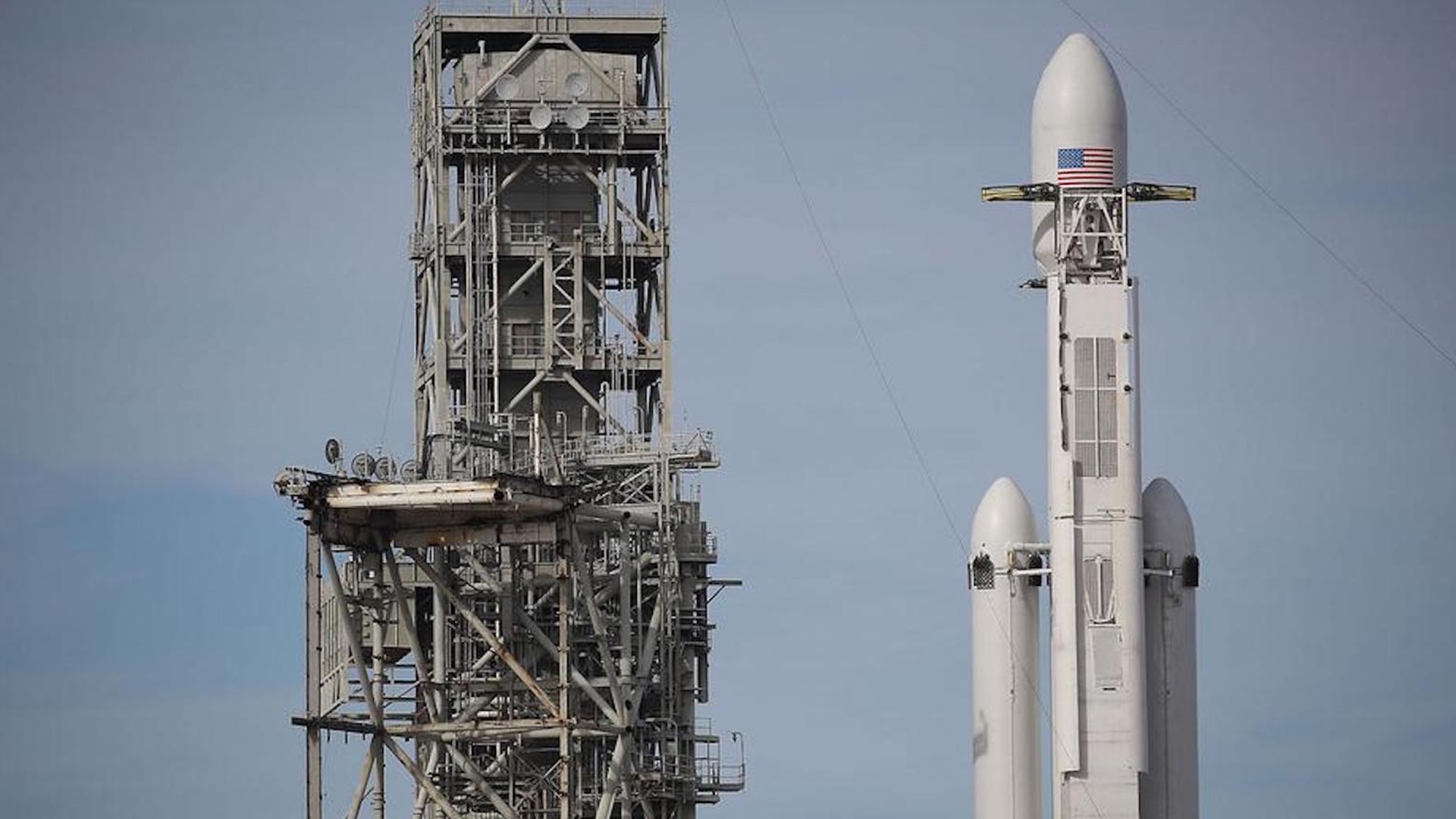The people want to know what happened to the core of SpaceX’s biggest rocket.About two hours after the rocket, the Falcon Heavy, launched, two of its three reusable rockets had successfully touched back down on their launchpads. But they’re only reusable if they don’t blow up, and the third, the center core engine, is officially unaccounted for.The core was supposed to land on what SpaceX called a “drone ship” — a robotic, unmanned, floating landing pad — in the Atlantic Ocean. But in a SpaceX livestream of the launch, a voice announces, “We lost the center core." The third rocket didn’t land as intended, according to the Verge, although SpaceX has yet to confirm.Update 7:54 P.M.Musk confirmed the core crashed into the ocean during a press conference Tuesday evening.Twitter, understandably, freaked out in the interim.
Advertisement
Someone even made the main core its own Twitter account.
After blowing up a lot of rockets though, two out of three ain’t bad.Two minutes after the Falcon Heavy launched, the two side booster rockets fell gracefully from the central rocket, as planned, and plummeted back into the Earth’s atmosphere. As they made their way back to their landing pads, flames erupted from their base and guided them back down, upright and ready to be refueled and relaunched. They were back on their launchpads just eight minutes after takeoff.The Falcon Heavy, which took off from Cape Canaveral, Florida, on Tuesday, is the biggest rocket in the world today. Aside from the highly unlikely feat of landing the rocket’s cargo — Elon Musk’s personal Tesla Roadster — on Mars, the Falcon Heavy’s real innovation is that, if the rockets manage to land back on Earth without blowing up, they’re reusable. Musk’s company hopes this will make manned spaceflight a lot more affordable. SpaceX’s reusable rockets, at a cool $90 million, are also cheaper to build than others in the past.And that Roadster, silently blasting David Bowie from its speakers in the soundless vacuum of space, will stay in orbit for a billion years, according to Musk.
